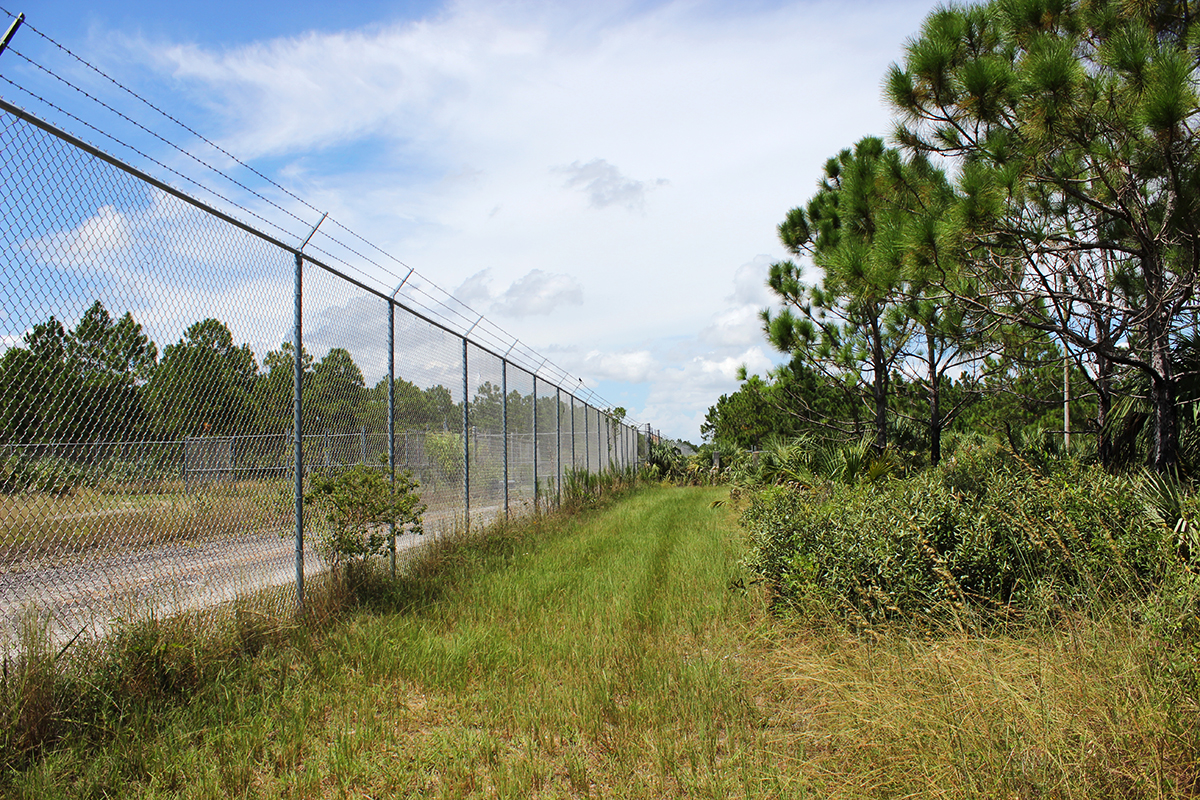
Eight faculty members and five students delivered a petition concerning the pine rocklands property sold by UM to RAM Realty Services (RAM) to the Office of the President on April 16.
President Donna E. Shalala reportedly declined to meet with those who delivered it, and the University declined to comment. The official spokesperson for this issue was unaware of the petition.
Zachariah Cosner, a sophomore among the deliverers, said that their group was told that Shalala could not meet because of her hectic schedule since Dr. Julio Frenk’s selection as the new UM president.
Cosner said that Shalala’s business is “totally legitimate.” However, he feels that she may also be avoiding the problem.
“I very much think that Shalala just doesn’t want to deal with this,” Cosner said. “This is something that is not one of her priorities, something she hopes will go away. I understand why she would.”
The petition was given to a secretary instead, and the deliverers requested a meeting to discuss it.
“We’re going to try to talk to her again,” Cosner said. “If she keeps on stalling, then I will be forced to believe that she is sort of unwilling to deal with it. If she is willing to meet with us later to talk about this, then hopefully we can at least make our appeal.”
According to Timothy Watson, Shalala and Provost Thomas LeBlanc later corresponded with him to say that “negotiations” over the land are taking place to “address the environmental issues.”
Watson, an associate professor in the Department of English, drafted the petition after protesters rallied at UM’s main entrance with signs reading “Shame on U” and urging the university to buy back the land.
Watson said that he does not know the full details of these negotiations but feels positive because there was a response.
“We do not know who is negotiating or what the terms are, but we are pleased to hear that the pressure on the university is having an impact,” Watson said. “We have requested that students and faculty be included in these negotiations.”
In 2014, UM sold 88 acres of this land to RAM for about $22 million. RAM has plans to develop the land with establishments like a 158,000-square-foot Walmart, a Chili’s restaurant and about 900 apartments, prompting concern from environmentalists and local residents.
Allegations of mistreatment of the land also exist from when the land was under university ownership.
Recently, Mayor Carlos Giménez and Commissioner Dennis Moss sent a letter to Governor Rick Scott requesting Amendment 1 funding to buy the land from RAM in order to put it under county control.
The petition asked the UM administration to publicly endorse the efforts initiated by Giménez and Moss and to make “a significant financial contribution to that purchase.” It also asked the university to make efforts toward ensuring the land is preserved, such as offering to work with U.S. Fish and Wildlife Services in “providing environmental stewardship of the land” and to “reaffirm the University’s investment in scientific research.”
At the time of delivery, the petition had 631 signatures with “well over half” from UM students, according to Watson.
Cosner said that making sure the university is aware of the community’s feelings on the pine rocklands issue is of high importance.
“[Shalala] needs to know that there’s a massive backlash against this and people do not appreciate the behavior the university has been engaging in,” Cosner said. “As long as she, at the very least, knows that, that’s the best we can do.”
But since Shalala will be leaving office, Cosner said that appealing to the university’s future leadership is more realistic.
“Ultimately, it’s going to be down more to Frenk and the provisional president that’s coming in over the summer; they’re the ones who we’re going to have to be dealing with,” Cosner said. “I don’t think Shalala’s going to move on this issue, personally.”
Cosner said that he is “optimistic” that action from the university could be possible under new leadership and with “continued pressure” on the issue. He said he hopes that, under Frenk, the university will contribute money toward the county government’s buyback of the land or even buy the land back itself, a scenario which he called the “best of all worlds.”
“Hopefully, he will be much more sympathetic than Shalala has been,” Cosner said. “He’ll understand the value of this land … and the research opportunities that can be conducted there. Shalala is known to not care. Frenk might. And that’s what I’m hoping for, at least.”





